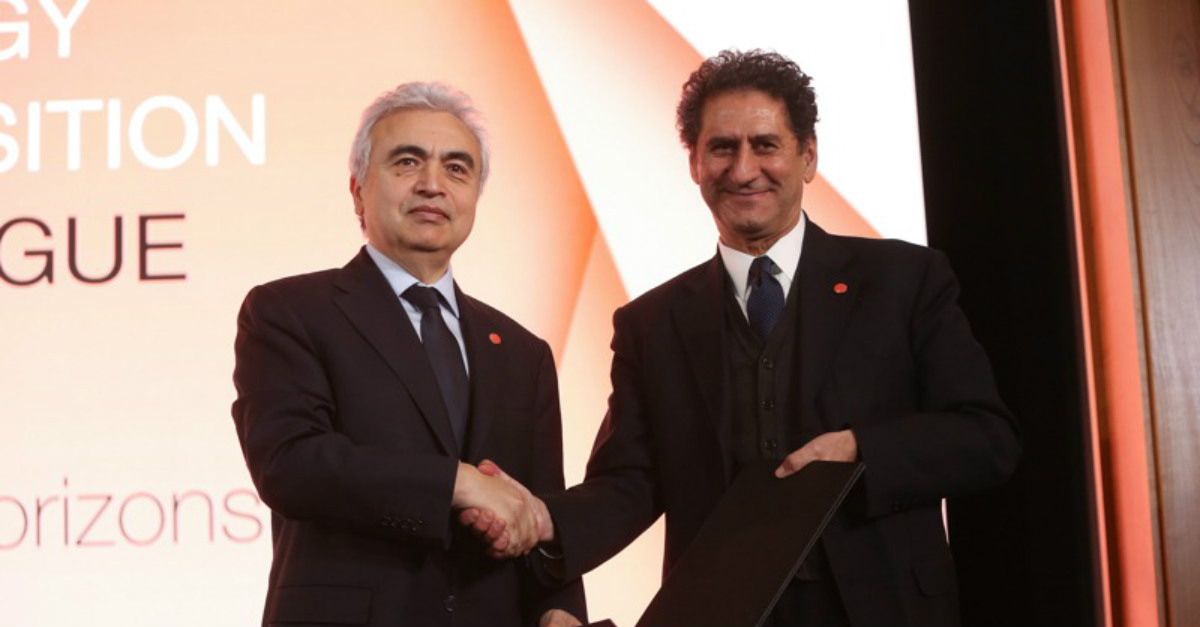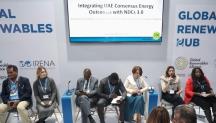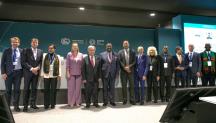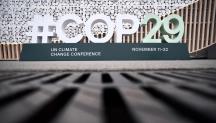

IRENA and IEA Strengthen Cooperation for a Secure and Sustainable Energy Future
Newsletter

New Memorandum of Understanding signed today sets the framework for future cooperation between both International Agencies
Berlin, Germany, 9 April 2019 – Today, Francesco La Camera, the Director-General of the International Renewable Energy Agency (IRENA) and Fatih Birol, the Executive Director of the International Energy Agency (IEA), signed a Memorandum of Understanding (MoU) at the Berlin Energy Transition Dialogue (BETD).
The two agencies have worked together on a number of activities over the years, and the MoU signed today will further enhance and institutionalise this collaboration, at a time when the global energy landscape is witnessing rapid changes driven by the imperative to ensure energy security and achieve universal access to energy, while limiting adverse climate and environmental impacts.
“The global momentum of the energy transformation is strengthening but needs to accelerate further to meet global objectives,” said IRENA’s Director-General Francesco La Camera. “Greater international cooperation in the energy sector can help achieve this. The agreement we have signed today will seek to take advantage of synergies and complementarities in the activities of the two organizations aligned with the mandates entrusted to us by respective Member countries.”
Dr. Fatih Birol, the IEA’s Executive Director, underlined that “The world needs urgent action to reverse current unsustainable trends: Global CO2 emissions are increasing, while progress in renewables and energy efficiency is not fast enough. This Agreement allows us to combine our respective strengths to tackle this challenge and foster faster global progress towards a more secure, affordable and sustainable world energy system, in line with the UN Sustainable Development Goals.”
Specific areas of cooperation under the MOU include joint activities in line with both Agencies’ mandates and work programmes such as the exchange of statistics, enhanced collaboration on policy analysis as well as the organisation of joint events and training.




